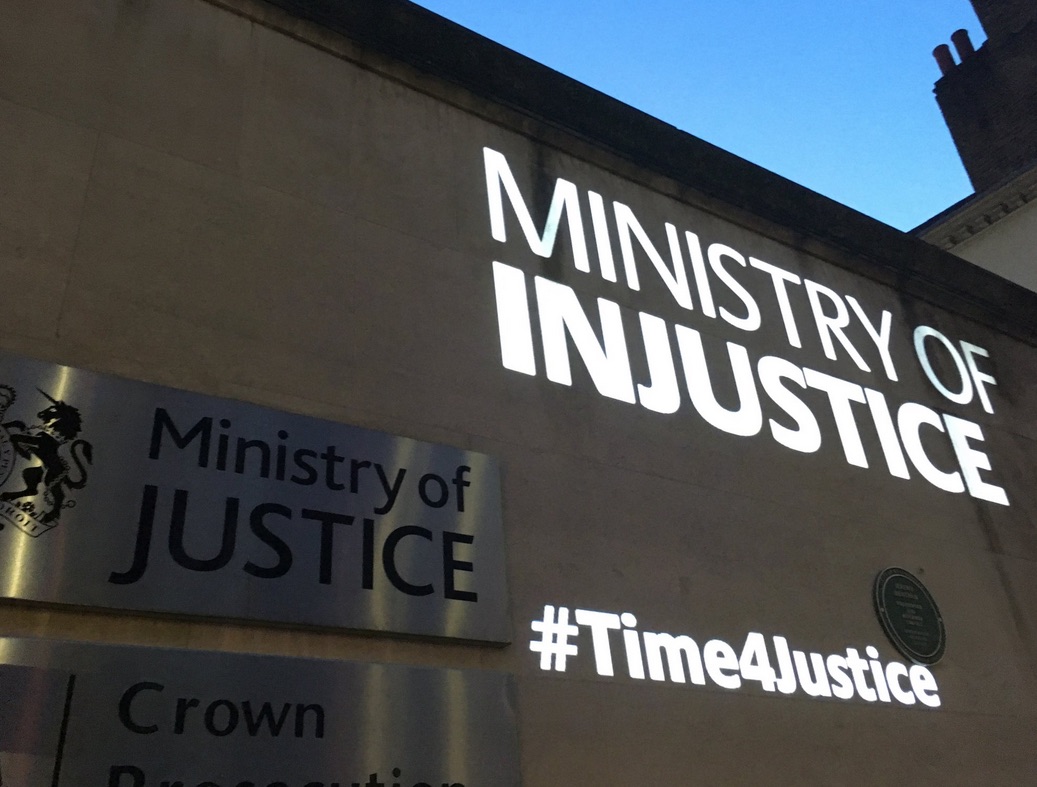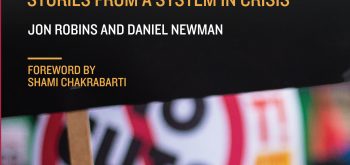Applications for legal aid in homelessness cases has collapsed by a third since the 2013 legal cuts. Figures obtained by the shadow justice minister, Gloria De Piero, through a parliamentary question reveal that over the last six years applications for funding have dropped from 1,831 to 1,208.
As a result of the Legal Aid, Sentencing and Punishment of Offenders Act 2012, public funding was removed from housing cases except where there is a risk of homelessness. ‘Severe cuts to legal provision under this government have left people without help and representation, and even cases that fall under the scope of legal aid are slipping through the cracks of a broken system,’ commented shadow justice minister Gloria De Piero. ‘The government must provide access to justice for those in these situations and ensure nobody else is force to choose between providing food for their children or putting a roof over their heads.’
As reported by Justice Gap here, official figures show that rough sleeping increased by 165 per cent in England between 2010 and 2018 and increased by 45 per cent in Wales between 2015 and 2018. Yet, applications for legal aid in homelessness cases have reportedly dropped.
Housing lawyers told the Guardian that the Legal Aid Agency had adopted ‘a culture of refusal’.The LAA were ‘blocking access to justice and making perverse decisions’ in cases with merit, commented Jo Underwood, the managing solicitor at Shelter. ‘Shelter solicitors across the country acting for homeless and badly housed clients experience this kind of bad decision-making from the LAA on a regular basis,’ she said.
Last month Supreme Court ruled against a decision against Birmingham city council that a single mother of four, Terryann Samuels was ‘intentionally homeless’ and that she should not have had to use her other benefits to make up the shortfall in housing related benefits. Her solicitor, Mike McIlvaney, published a chronology and flow chart of her battle with the Legal Aid Agency to obtain legal aid.







